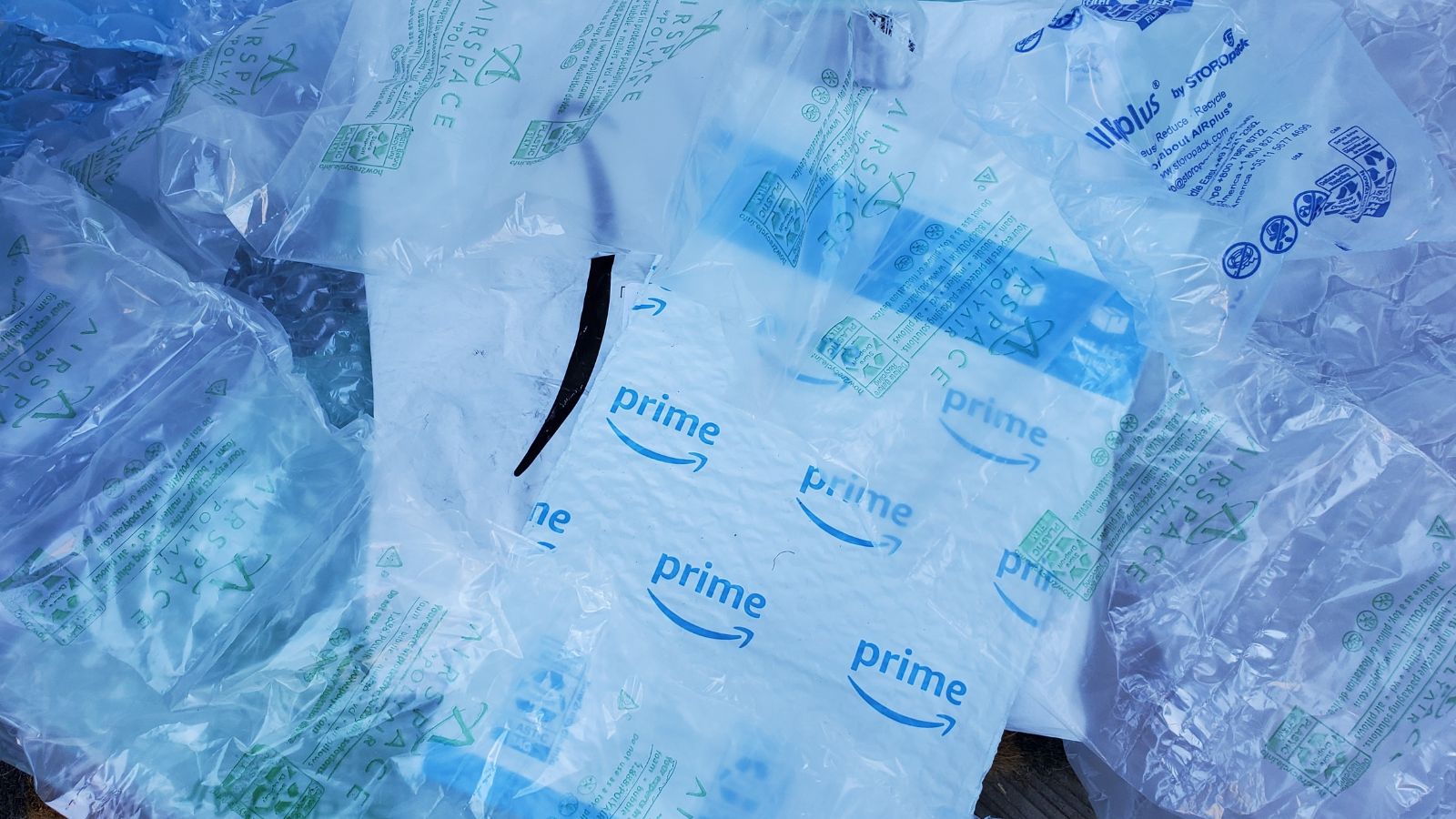
Turning plastic waste into plastic lumber isn’t recycling
Most of Amazon’s plastic packaging isn’t being recycled, and some might end up as material for plastic decking instead.
Nearly all of America’s trash could be composted and recycled. But we’ve got a lot of work to do to get there.
Most of us put our recyclables out for collection. But it’s going to take more than individual action to deal with our trash problem. Only 24% of our trash actually gets recycled, and only 9% gets composted. We can do better. Together we can share information, resources and push our leaders to build a better recycling and composting system.
Most of Amazon’s plastic packaging isn’t being recycled, and some might end up as material for plastic decking instead.
Have you ever thought about where clothing goes after you’re done with it? Or the impact that it has on climate change?
Building on successful programs in dozens of countries and recent action taken by Maine and Oregon, the Colorado Senate passed on Wednesday a bipartisan producer responsibility bill.
A recent investigation uncovered a bombshell for our environment over at Amazon: The company is destroying millions of unused or returned products.
Plastic producers often bear little responsibility for the waste their products become. That's changing in Maine.
Gov. Janet Mills signed LD 1541, which holds producers responsible for their packaging waste, into law on Tuesday. The new law will establish a program called Extended Producer Responsibility (EPR) for Packaging, which will require big corporations to shoulder a large percentage of the costs of recycling and waste disposal programs in the state.
